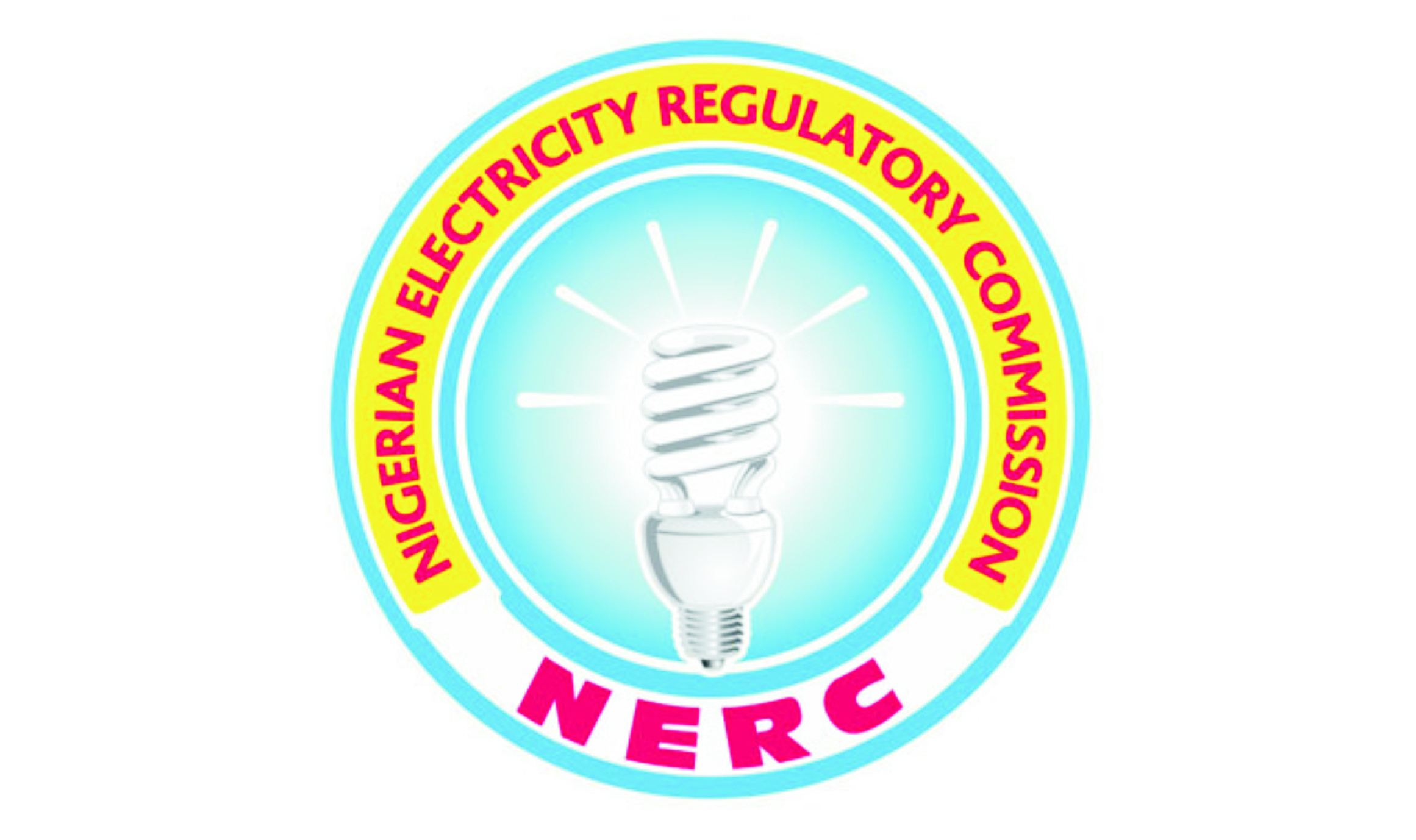News
Suspend New Electricity Tariff, Reps Tell NERC

The House of Representatives has called on the Nigerian Electricity Regulatory Commission (NERC), to suspend the proposed Increase in electricity tariff in the country.
Rep. Aniekan Umanah, in a motion, yesterday, recalled “that the Electric Power Sector Act of 2005 established the Nigerian Electricity Regulatory Commission with a mandate to license Distribution Companies (DISCOs), determine operating codes and standards, establish customer rights and obligations and set cost-reflective industry tariff”.
He also recalled that “the Act prescribed its funding from 15% of electricity charges paid by customers to Distribution Companies; aware that NERC, working with Distribution Companies, has increased electricity tariffs five times since 2015, the latest being on 1 January 2021”.
He said “despite those increases, Nigerians have not enjoyed significant improvement in power generation, instead they daily grapple with epileptic services from the DISCOs and unilateral exploitation in the name of estimated billing arising from non- metering of over 50% of consumers”.
He observed that “poor services by the DISCOs, have impacted negatively on the socio-economic growth of the country as the International Monetary Fund (IMF) Report of 2020 on Nigeria indicated that the manufacturing sector lost over $200billion to inadequate power supply while a whopping $21billion was said to have been spent by Nigerians on generating sets within the period under review”.
He observed further that “the Nigerian masses have gone through so much hardship in recent times, arising from acts of terrorism, banditry, kidnappings, farmers and herdsmen’s crisis with its toll on agricultural activities, displacement from ancestral homes, loss of loved ones, starvation arising from inability to return to daily occupation and loss of personal properties running into several millions of naira”.
He raised concerns that, “at a time governments all over the world are adopting measures to cushion the devastating effects of the dreaded Covid–19 pandemic on their citizens by providing a wide range of palliatives to losses of loved ones, jobs, businesses and general distortion in the social life, NERC is tinkering with the idea of a further increase in electricity tariff after that of 1 January, 2021, in a country where 2/3 of the 200 million population is grappling with the crippling effects of the pandemic; also concerned that the current economic recession made worse by hyperinflation has resulted in skyrocketing prices of foodstuffs, while the increase in prices of petroleum products has also triggered the further increase in transport costs and rents with unemployment rates at a frightening 33.3% while the spending power of an average Nigerian has drastically reduced, any further hike in electricity tariff at this time will amount to overkill, lack of empathy and height of insensitivity”.
The House adopted the motion, with its arguments and prayers, resolving to “Urge the Federal Government to direct the Nigerian Electricity Regulatory Commission to rescind the decision to further increase electricity tariff proposed for June, 202l in view of the hard times Nigerian masses are currently going through”.
The House resolution, also mandated “the Committees on Power, Poverty Alleviation and Labour, Employment and Productivity to ensure compliance”.
Similarly, the House of Representatives, yesterday, kicked against the transfer of electricity consumption liabilities from old to new residential or industrial customers.
The House disapproved of the practice after as contained in a motion by Rep. Abiodun Shoyinka (APC-Lagos).
In the motion entitled, “Need to Investigate Transferred Debts Incurred by Old Electricity Customers to New Users by Distribution Companies in Nigeria”, Shoyinka informed the House, of the “constant complaints by electricity consumers on the poor services provided by Electricity Distribution Companies (DISCOs) which are also in the habit of transferring outstanding debts of the old customer to new users”.
According to him, “the Distribution Companies, which are responsible for the collection of payments for services rendered to consumers, allow unpaid bills to accumulate, do not follow the lay down principles and guidelines by Regulatory Authorities towards unpaid bills and disconnection of non paying customers”.
The sponsor of the motion raised concerns “that if nothing is done to curb the act of transferring debts incurred by other consumers to new consumers, the latter, will continue to bear the burden of paying for the electricity they did not consume”.
The House presided over by Deputy Speaker, Hon Ahmed Wase, resolved after a proposed amendment by Deputy Minority Leader, Hon Toby Okechukwu (Enugu-PDP) to summon the Nigeria Electricity Regulatory Commission (NERC).
The House also mandated “the Committee on Power to engage the Distribution Companies and other relevant Regulatory Agencies to find a lasting solution and report within four weeks”.
The Green Chamber, also mandated its Committee on Legislative Compliance to ensure compliance.
News
Cleric Predicts Breakthrough, Warns of Political and Security Challenges in 2026

News
Ado Royal Family Disowns Alleged Installation of Amanyanabo of Okrika

News
PH Traders Laud RSG’s Fire Safety Sensitisation Campaign


